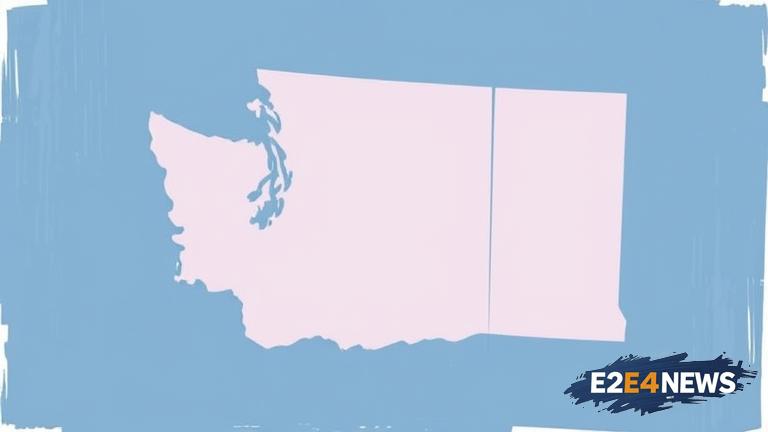Washington State has filed a lawsuit against a contractor for allegedly sharing food stamp data with federal authorities. The lawsuit claims that the contractor, which was hired to manage the state’s food stamp program, has been improperly sharing sensitive information about recipients with the federal government. The state argues that this sharing of data is a violation of the recipients’ privacy and could potentially lead to their deportation or other negative consequences. The food stamp program, also known as the Supplemental Nutrition Assistance Program (SNAP), is a federal program that provides assistance to low-income individuals and families to purchase food. The program is administered by the states, but the federal government provides funding and oversight. The contractor, whose name has not been released, was hired by the state to manage the program and ensure that benefits are being properly distributed. However, the state claims that the contractor has been sharing data with the federal government, including information about the recipients’ immigration status. This sharing of data has raised concerns among advocacy groups, who argue that it could lead to the deportation of recipients who are undocumented immigrants. The state is seeking to stop the contractor from sharing the data and to ensure that the privacy of recipients is protected. The lawsuit is the latest development in a long-running debate over the use of food stamp data by federal authorities. In recent years, there have been reports of federal agencies using food stamp data to target undocumented immigrants for deportation. The use of this data has been widely criticized by advocacy groups, who argue that it is an improper use of sensitive information. The state’s lawsuit is seen as a significant step in protecting the privacy of food stamp recipients and ensuring that they are not unfairly targeted by federal authorities. The case is currently pending in court, and it is unclear how it will be resolved. The outcome of the case could have significant implications for the use of food stamp data by federal authorities and the protection of recipient privacy. The state’s actions have been praised by advocacy groups, who see the lawsuit as a necessary step to protect the rights of food stamp recipients. The contractor has not commented on the lawsuit, but it is likely that they will vigorously defend their actions in court. The case highlights the ongoing tension between the state and federal governments over the use of food stamp data and the protection of recipient privacy. As the case moves forward, it is likely that there will be significant attention paid to the issue of food stamp data sharing and the potential consequences for recipients.
